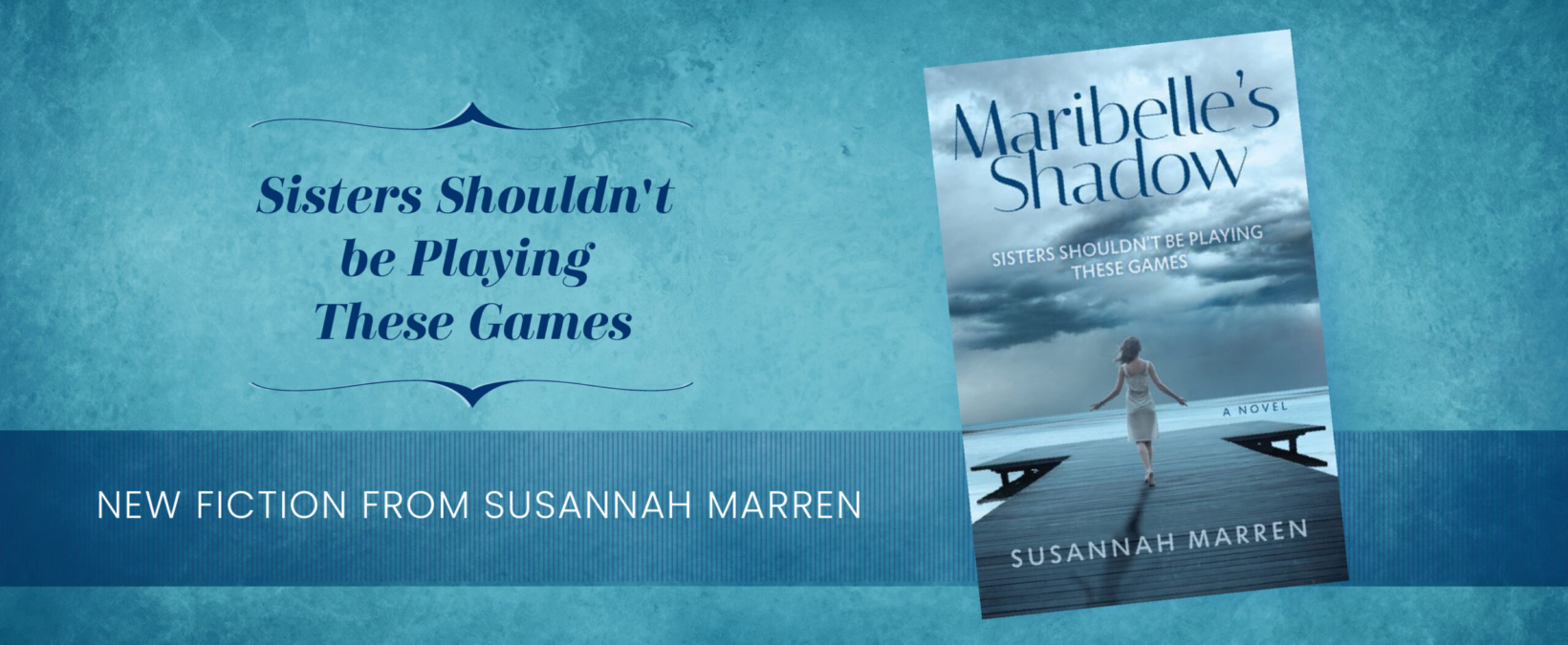Reader’s Guide for The Nine Phases of Marriage
1. The author describes nine phases of marriage. Which phases resonate for you as a wife and why?
2. In her preface, Barash states that women highly value being a wife and that for many, it is a big piece of their identity. Do you agree or disagree with this, and do you find that it applies to you?
3. Eighty percent of the wives in Barash’s study have based their marriages on romantic love. Have you married for this reason and would you encourage a daughter, a sister, or a friend to do the same?
4. If money issues affect most marriages, how do you feel that it works in your marriage, and has this changed over time?
5. Discuss why and how a wife may lose her self-esteem in a marriage. Do you feel that your husband is controlling and/or critical, and were you aware of this at the beginning of the marriage?
6. The author found that when wives communicated their needs to their husbands, this improved the situation. Yet many women expected that their husbands could anticipate their desires and were upset with having to spell it out. Has this been your experience?
7. While most women agree that having children has changed their marriages, there are those who feel this has enriched the relationship and those who feel it has stressed their marriages. Where do you fit in?
8. The author cites frictions in a marriage, including finances, children, in-laws, demands of work, lifestyle choices. Which of these are applicable to your marriage?
9. In the middle of the book, Barash takes a look at how distance between partners creeps into the marriage. For some wives, it’s about conflict; for others, it’s about what is missing emotionally and/or physically. Do you feel that your marriage is at this stage or that it could occur in the future?
10. Define the author’s interpretation of “happily married.” Do you believe that after a certain number of years as a wife, this definition changes?
11. What are your thoughts on the author’s advice on trial separations? What do you believe we owe to ourselves if we are dissatisfied in a marriage, and what do we owe to our husbands and to the relationship itself?
12. What do you think of Barash’s findings on midlife divorce? She details how some wives have fallen out of love, others feel that children have taken up too much of the relationship. She writes that wives may embark on an affair or the husband might be having an affair. What scenario in your marriage would precipitate divorce?
13. In Phase Seven, Barash investigates “second chances” in a marriage. Some wives renegotiate their marriages, others divorce, some divorce and remarry. What is your impression of how wives make this decision? Do you identify more with the wife who will stay in her marriage and take the steps to save it, or the wife who moves on?
14. Are there parts of this book that you would recommend to a friend, sister, or daughter as she contemplates her dissatisfaction in her marriage?
15. The author’s intent is to help us recognize the experiences we have per the nine phases of marriage. Throughout, despite the obstacles, Barash underscores how much women value the role of wife and want their marriages to be successful. Does this give you insight into your own marriage and a better understanding of what to expect?


